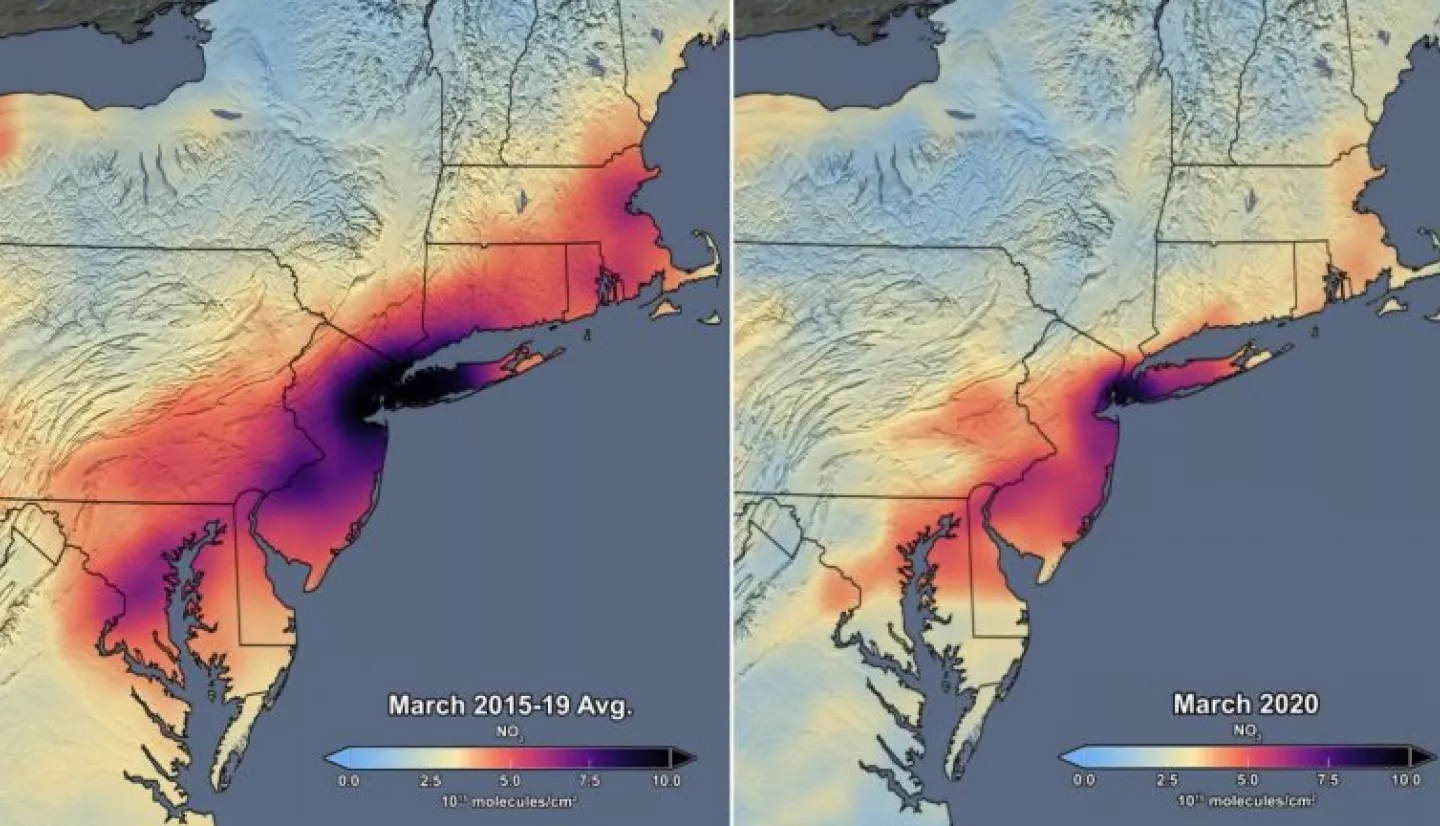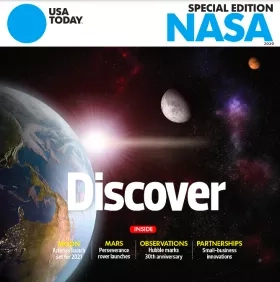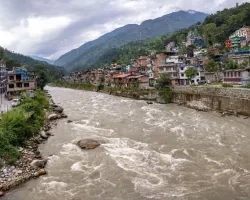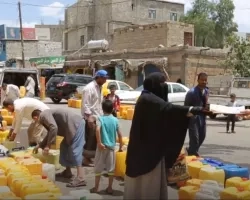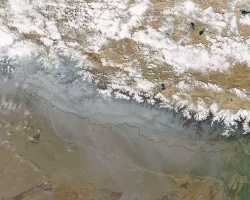Each fall USA Today publishes a special supplement focusing on NASA. The 2020 edition covers the agency's plans to return to the Moon, new discoveries about Venus and how NASA's Earth Science Division is tracking the effects of the worldwide COVID-19 pandemic.
In NASA Earth sciences, the Applied Sciences Program helps people across the world use NASA data to solve world-wide challenges. Its focus is getting that information into the hands of decisions-makers so they can make better decisions about our health and safety, the environment, our food & water and better preparation, response and recovery to disasters. Part of this role is training people world-wide how to best find and use NASA Earth science data. For example the Capacity Building program area held a recent training on air quality in response to the high demand for that data by people interesting in the effects of fewer cars on the road due to the world’s COVID-19 response.
USA Today also highlighted NASA's response to COVID-19 in its special issue by noting researched funded to study these air pollution effects, as well as how the spread of the novel coronavirus may be affected by environmental factors like temperature and humidity. Much of NASA's rapid response research funding was to researchers and groups with existing NASA projects, showing how this work built on the long-standing body of Applied Sciences work in applying Earth science data to real-world problems.
One of the projects noted in the USA Today special issue is research on connections between less vehicle traffic in the spring of 2020 and air pollution levels in the northeast U.S. By reviewing long-standing Earth observation data, researchers found that the level of the air pollutant nitrogen dioxide underwent a 30 percent decrease in in March 2020 when compared to March 2019.
This type of rapid scientific result is made possible due to ongoing research applying Earth-observation data to factors that affect our society, said Lawrence Friedl, the head of NASA's Earth Science Division's Applied Science Program.
"The application of data for societal benefits is at the core of what we do," he said. "While this article discusses that research in terms of COVID-19 effects, we've been building a body of knowledge on how NASA satellite data can be used to increase our knowledge, tackle the challenges we face and provide timely and crucial information to decision-makers."
Friedl adds that, in addition to the one air pollution study mentioned in the article, additional Applied Sciences projects formed the base for subsequent novel coronavirus research. For example, a recent Health and Air Quality research project completed a multi-year effort to provide residents of Puerto Rico better and more timely notice of poor air quality. The alert system uses NASA satellite and other Earth science data to track local air pollution sources like vehicle emissions, as well as when air quality will be affected by dust storms that frequently travel across the Atlantic Ocean from the Sahara Desert.
Friedl says that this and similar projects build on the Applied Science program's existing structure and scientific inquiry to include coronavirus response. The work also shows the connections between human activity, environmental effects and health issues, connections that are often made clearer with the worldwide view of NASA Earth science satellites.
"Humans are a big part of the overall Earth system," Friedl said in the article. "If people can gain a better understanding of how the decisions they make are both influenced by the environment and affect the environment, we can have a more sustainable future."
The Earth science story in the USA Today special issue is available online, Analyzing Earth While the World Took a Breather.
